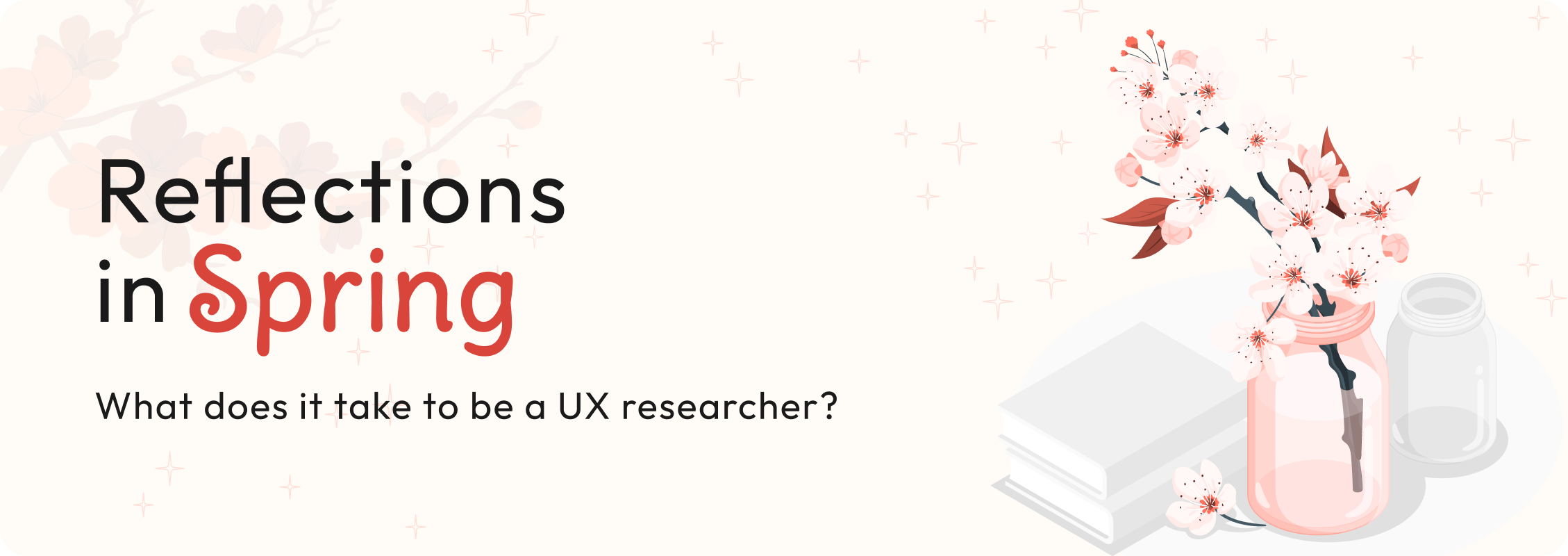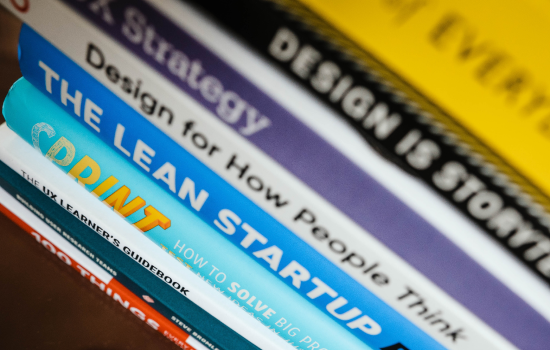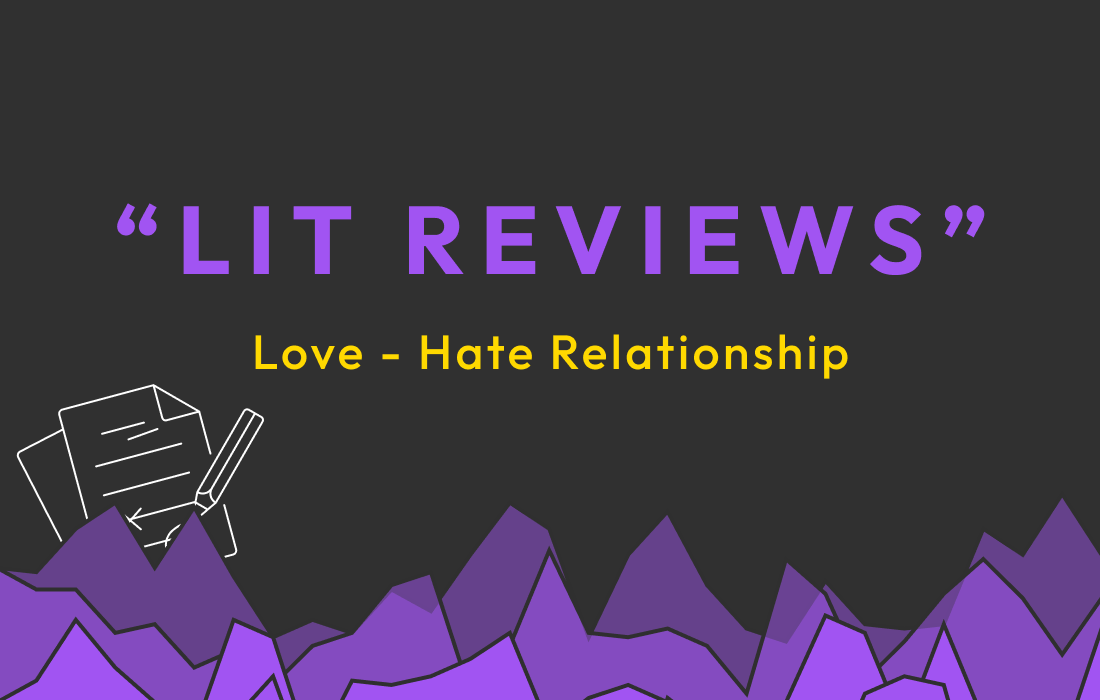Blogs
Reflections in Spring: Curiosity in Bloom
Shreya Makwana
Posted On May 5, 2025

‘What does it take to be a UX researcher?’ is a question I had found myself thinking about often in my last semester in college. A year later, I’m about to complete 6 months as an UXer, with a whole lot of learnings and takeaways.
I used to think polished thinking and absolute confidence in knowing what to do next was what would make me an ideal candidate for a research organization. As the weeks turned into months, with a varied depth of projects and clients, I realized the core capability here wasn’t self-assurity, rather adaptability and curiosity. Now, here I don’t mean confidence or assurance in actions was ever a setback; rather, qualities that needed to be utilized with the right direction in mind. Navigating towards the right direction with minimal clarity can be overwhelming, but here is when the adaptability and curiosity paved the way forward.
Overcommunication and check-ins
As someone relatively new to the world of corporate and UX, I wanted to put my best foot forward in setting expectations for the work I could contribute to and make an impact on. Even when some questions might sound silly, it’s best to ask them when you feel the first sense of vagueness. It may not give you the answer at that moment, but it will initiate the conversation and you may have caught a detail from an outsider’s view, which might have been missed by an experienced eye. Also, it’s often useful to just take a step back and question ‘why’, for why things are done the way they’re being done.
Clarity is often remarkably simpler
Reporting for senior leadership as audiences used to make me feel that big, heavy words need to be on every corner of the deck to show them, ‘Hey! I’ve done my work here! Do you see this? And this? And these?’
Now when I look back at it, I realize not every detail of the process needs to be known by every stakeholder. Rather, as a researcher, I should think about what is the most important takeaway that is relevant to this audience? Time, I’ve realized, is an extremely important resource, because it can’t be recovered, like money. The simpler and easier your document is, the more your stakeholder will appreciate their experience in discovering their user needs with you.
Advocating for your needs to ensure quality outputs
Speaking of time, one of my biggest learnings has been to manage my time to ensure quality output each time. Prioritizing tasks helps make sense of time during the workday, and I consider the impact of the task as my main metric to create these tiers of priority. Each day has a different capacity, with different output levels. I’ve learnt to pay attention to my patterns, and allot tasks priority accordingly.
Of course, all of it requires balance, with time spent deeply engrossed in the user insights, as well as outside for natural curiosity to bloom through the big world beyond.


